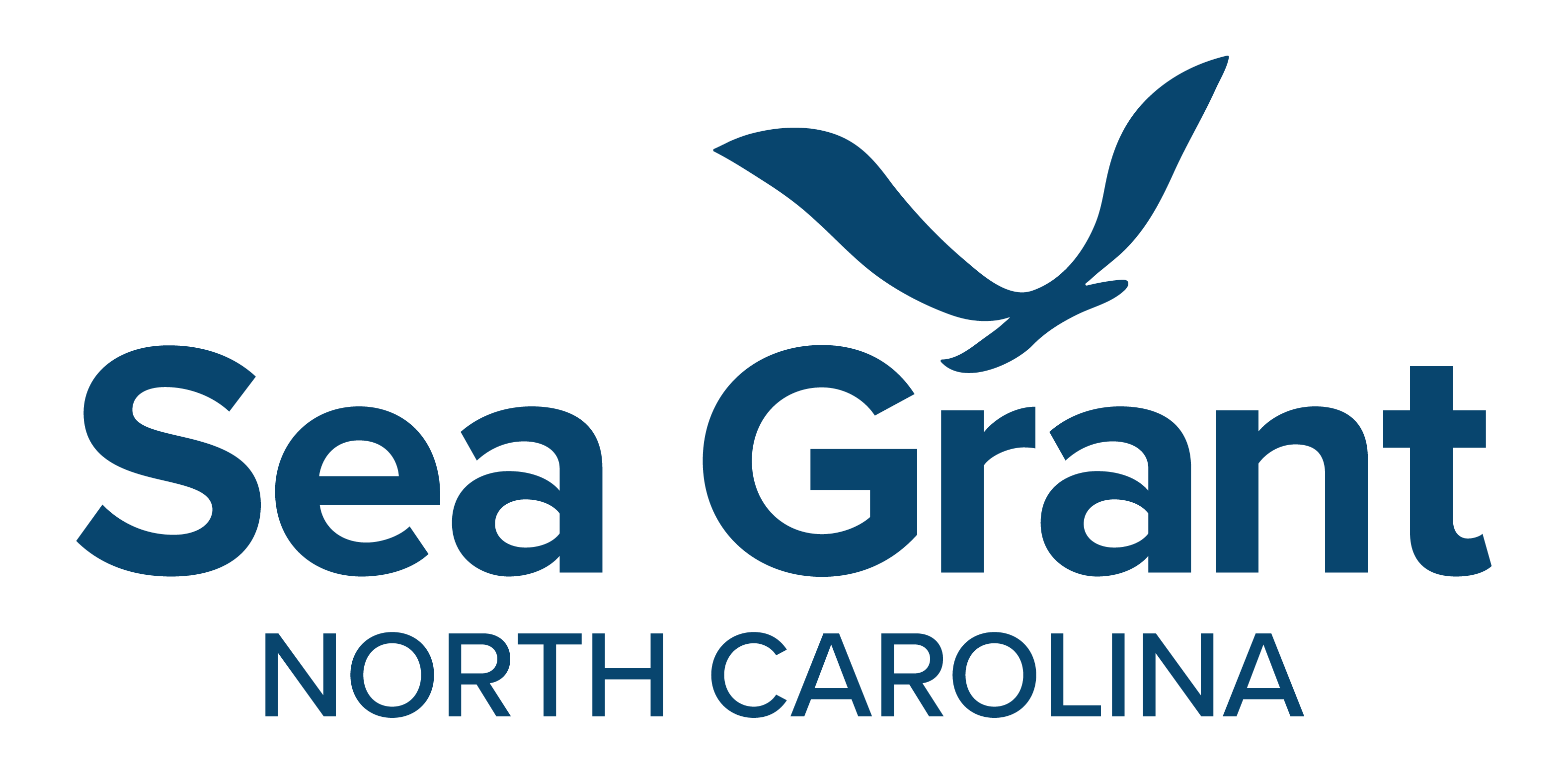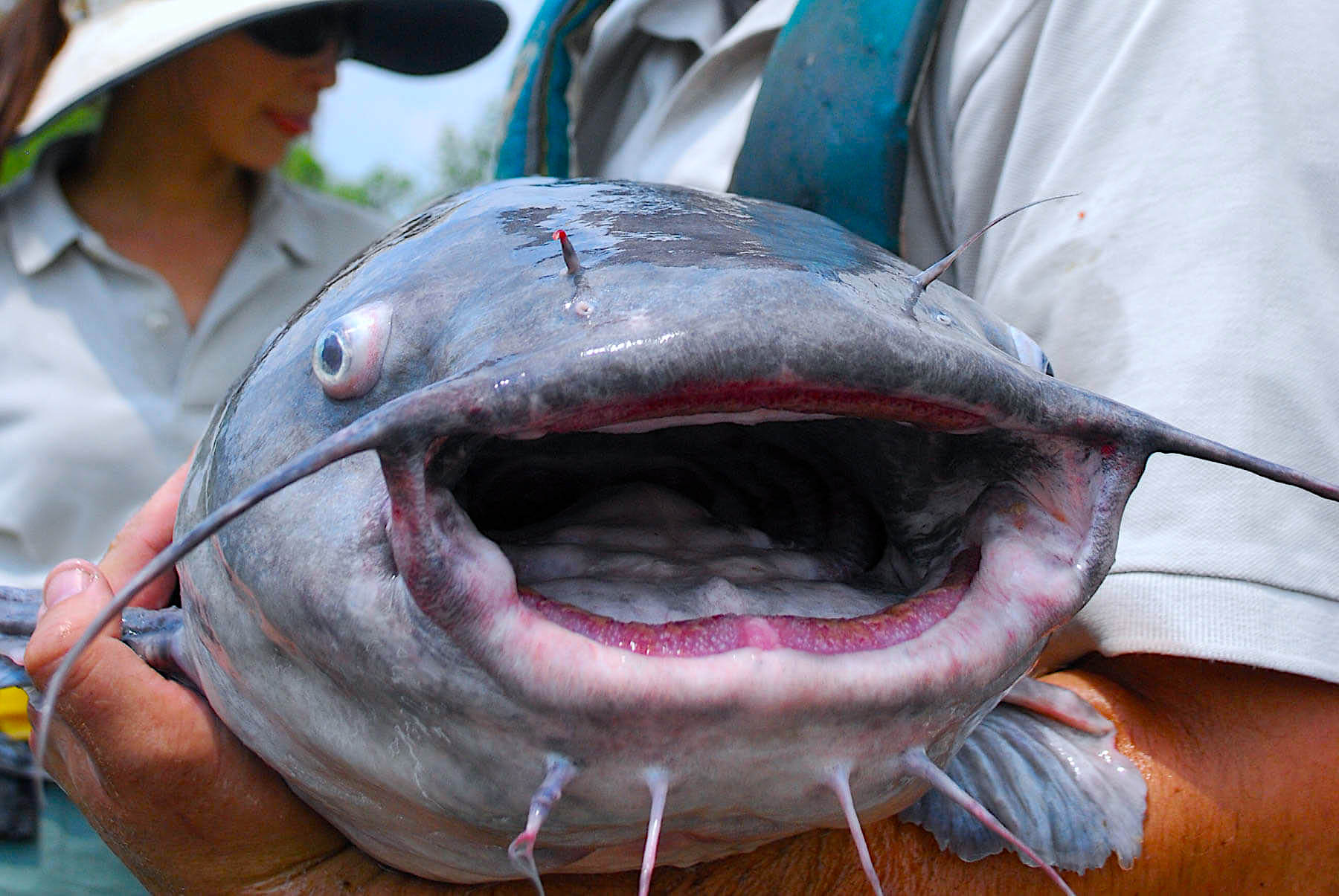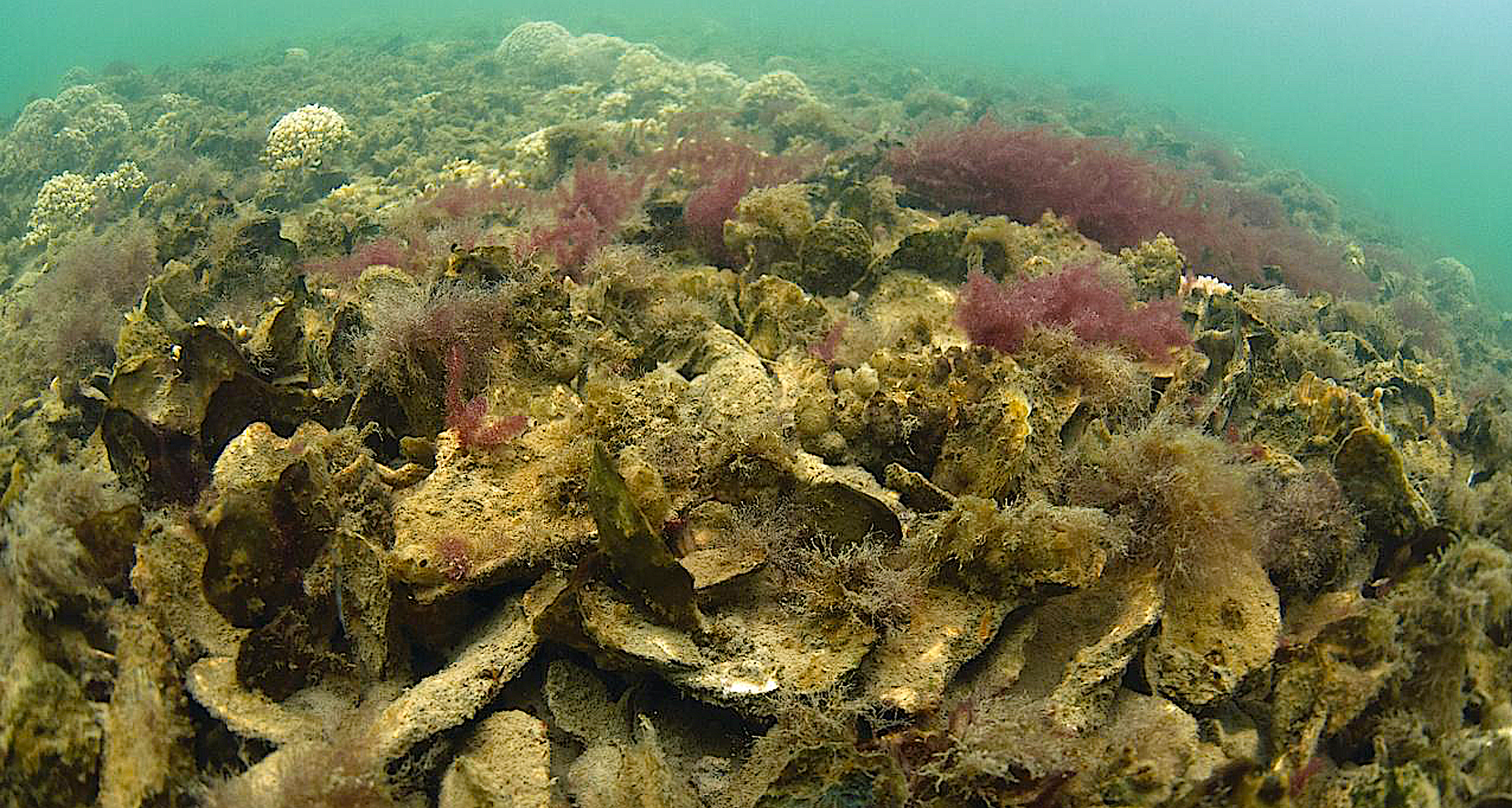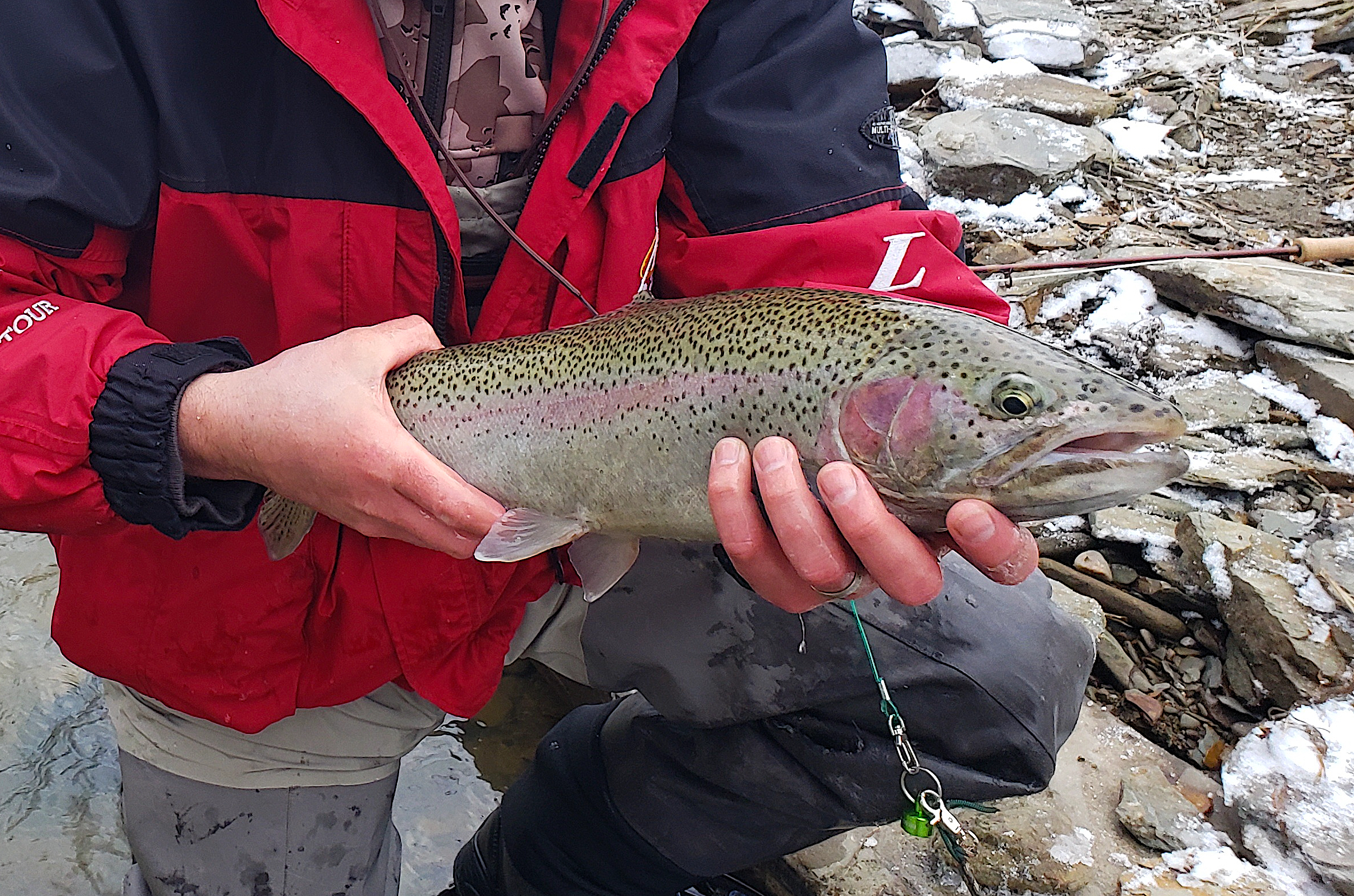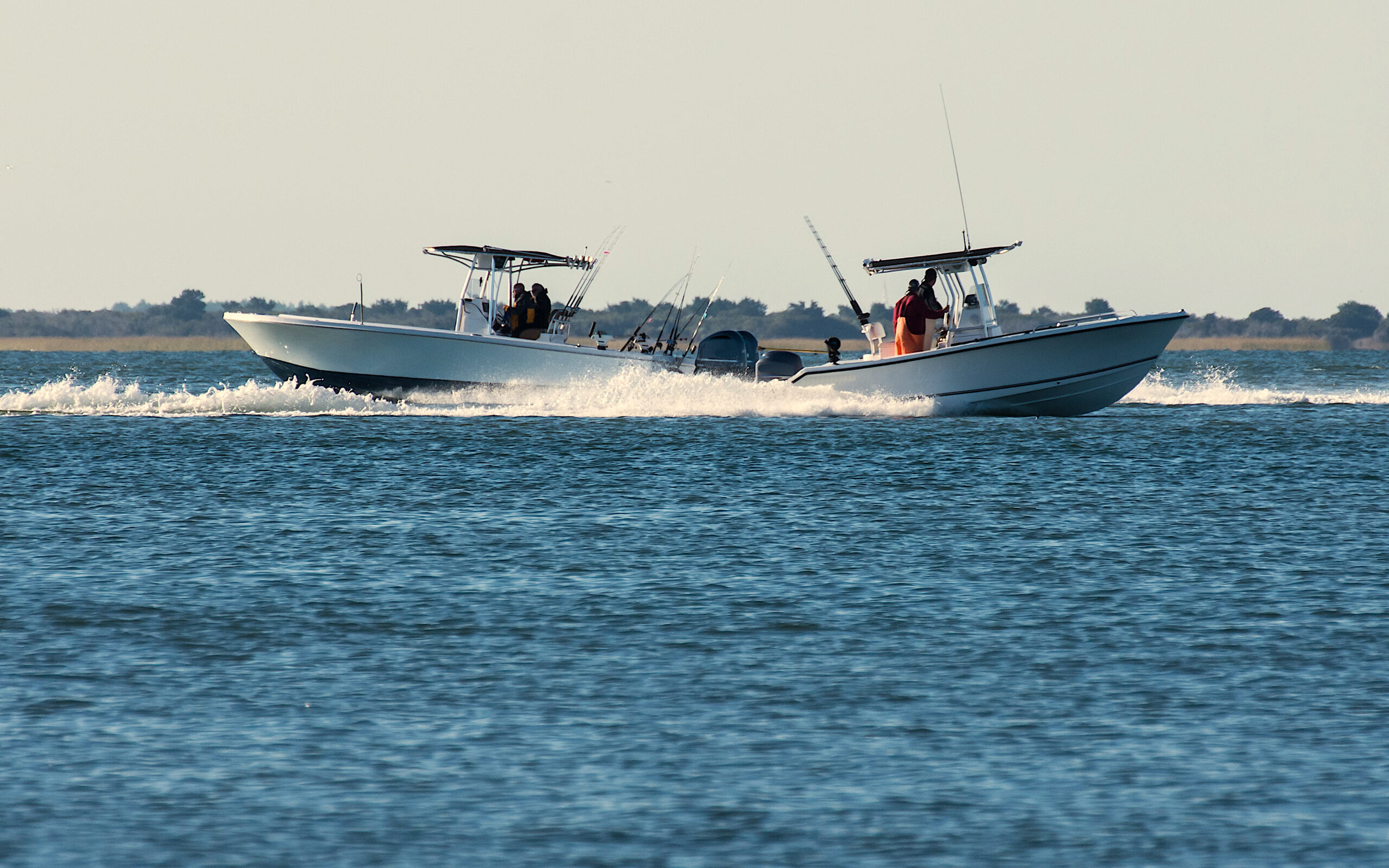Scientists ran an artificial fishing tournament to find out.
Research Need
New technology enters the recreational fishing community at a rapid rate. Some of it fades away, but some sticks and becomes popular or even a “must-have” with the angling community.
Need some examples? Think of how many new recreational fishing boats you’ve seen lately WITHOUT fuel-efficient 4-stroke outboard motors, high-definition downwards-facing sonar with large LCD displays in the center console, and bow-mounted trolling motors with the “spot-lock” feature that uses a GPS-enabled motor to effortlessly keep the boat in a fixed geographic location.
The challenge is that when people adopt something new in masse — and it has the potential to help anglers fish more effectively or simply change how they fish — it can quickly become a problem for managers, who are responsible for crafting policy to ensure that fish are sustainably caught and harvested.
In other words, what would happen if new tech made the sport of fishing more like catching?
Today’s post is about one of the latest advances in fishing tech — live-imaging sonar. While its common to use downward-facing sonar to see a delayed depiction of the bottom on the boat’s depthfinder or chartplotter, live-imaging sonar is viewable “live” and users can point it horizontally in the water column to locate fish (or confirm the locations of fish). Usually attached to a bow-mounted trolling motor, the sonar has a range that depends on salinity and other factors.
Does this technology create an unfair advantage? Think of a fishing tournament without rules about it, in which some anglers use it and others don’t. How does this impact anglers’ perceptions and behaviors?
What did they study?
Scientists organized a mock catch-and-release blue catfish angling tournament on the Milford Reservoir in Kansas, where 16 anglers had access to live-imaging sonar and 16 anglers didn’t. The anglers had varying degrees of experience with both the technology and blue catfish.
Each team used 5/0 and 7/0 circle and Kahle hooks, as well as a selection of weights and instructions for rigging the provided baits (fresh cuts of common carp and river carpsucker).
For each day of a three-day competition each week, teams fished within a set 5-hour block. Prior to each round of competition, organizers allowed teams a pre-fishing day to get familiar with the gear provided.
After all rounds of the competition, anglers answered surveys to establish their levels of experience with live-imaging sonar and their and perceptions about using it for blue catfish angling.
What did they find?
Teams with access to live-imaging sonar didn’t catch more blue catfish than teams without access. On average, each team caught about 35 pounds of fish per 5-hour time period.
Over the course of 440 angler-hours, participants landed 454 fish, 82% of which were blue catfish.
What did anglers think?
Participants who used live-imaging sonar thought both their time searching for fish and their catch totals would’ve been similar if they had NOT had access to the technology.
Conversely, anglers not allowed access to the live-imaging sonar thought they would spend more time searching for fish with the technology — and that their catch totals might have been higher if they used it.
Interestingly, angler teams with access to the technology spent more time searching for fishing spots than teams without it.
So What?
Research on the potential impact of live-imaging sonar is just getting started, and we will likely see much more of it in the future given its popularity. At least for one experiment on blue catfish in Kansas, live-imaging sonar seems to have a bigger impact on anglers’ perceptions and behaviors than on how much fish they catch.
Reading
Ben C. Neely, Jeff D. Koch, and Keith B. Gido. (2023) Effects of live-imaging sonar on Blue Catfish angler success, perception, and behavior. North American Journal of Fisheries Management. 2023;00:1–7.
This project was funded by the Kansas Department of Wildlife and Parks.
BY SCOTT BAKER.
The text from Hook, Line & Science is available to reprint and republish at no cost, but only in its entirety and with this attribution: Hook, Line & Science, courtesy of Scott Baker and Sara Mirabilio, North Carolina Sea Grant.
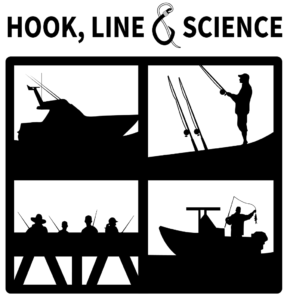
- Categories:
